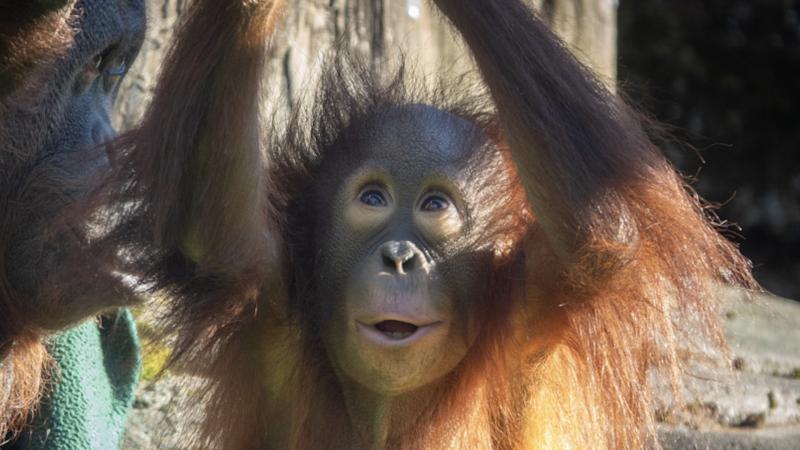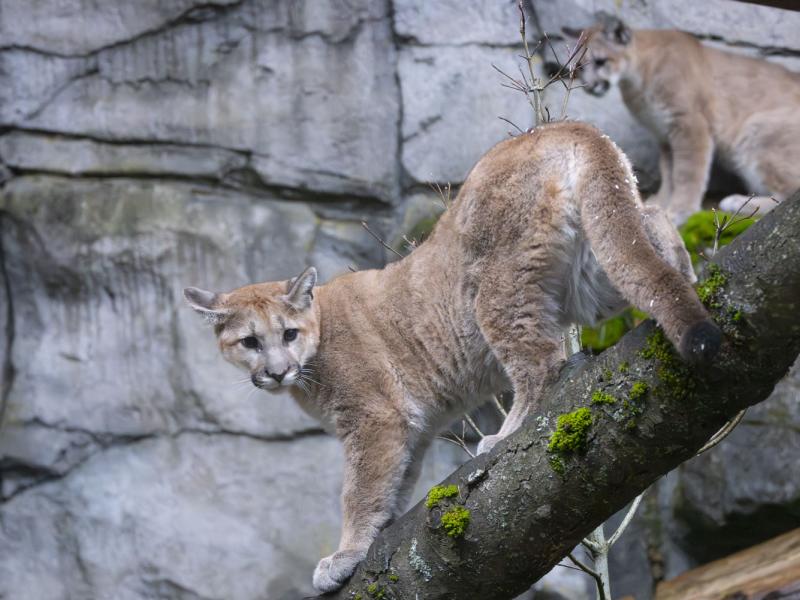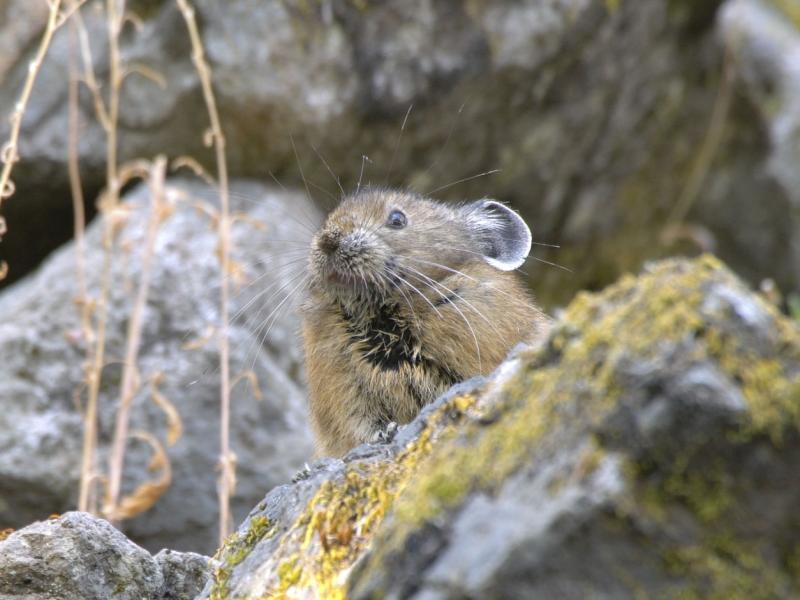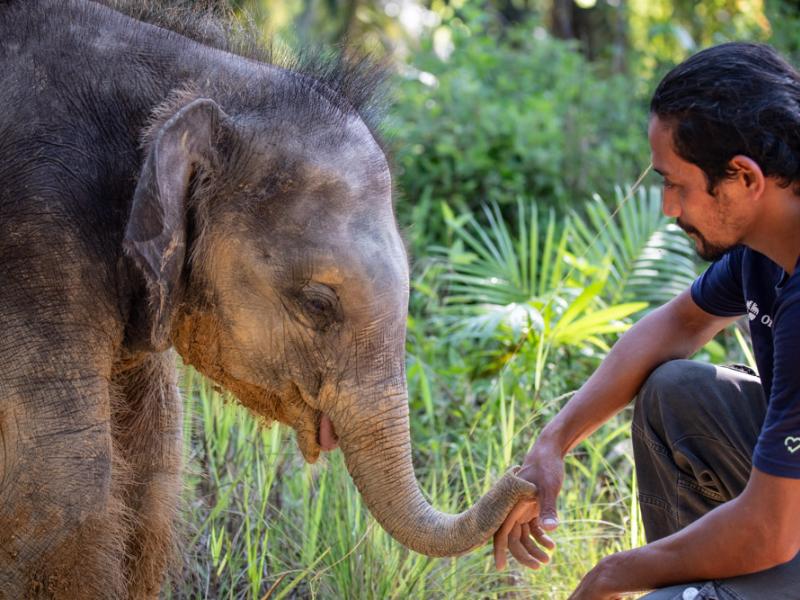Jolene turns 2: Zoo to celebrate orangutan's 2nd birthday

Young orangutan is growing in independence and showing more personality
The littlest member of the orangutan family is celebrating a big milestone this week: Jolene will turn 2 on Saturday. Born at the Oregon Zoo on April 13, 2022, she’s gaining in independence and showing more of her personality, though keepers say she still stays close to her mom, Kitra.
“Young orangutans stay with their mothers for about 8 to 10 years,” said Kate Gilmore, who oversees the zoo’s primate area. “Jolene is growing up, but Kitra keeps a close eye on her.”
As she grows, Jolene is venturing away from Kitra for longer periods, exploring her habitat while her mom watches. Care staff say she especially likes to practice her climbing skills.
“She has become a little gymnast,” said Hannah Carbonneau, a keeper in the zoo’s primate area. “She jumps from ropes and does somersaults around the yard. She’s very good at suspending from just one foot now.”
Like most toddlers, Jolene is also showing interest in the world around her. According to Carbonneau, she continues to be playful and curious with her parents and caregivers, and she loves to try new things.
“She’s really engaged with her environment,” Carbonneau said. “She loves anything she can wave around, and she’s been practicing using tools like her mom and dad.”
Visitors to the zoo on Saturday may catch a glimpse of that play time. Jolene and her parents will enjoy some special treats and enrichment in the afternoon to celebrate her birthday.
Orangutan babies are born after a gestation period of around 8.5 months and typically weigh a little over 3 pounds at birth. Young orangutans are completely dependent on their moms for food and getting around during their first two years of life. The bond between an orangutan mom and her baby is one of the closest of any species.
Kitra moved to the Oregon Zoo in 2015 from Cleveland Metroparks Zoo, joining male orangutan Bob, the baby’s father, who had arrived from South Carolina’s Greenville Zoo the previous year. The moves were based on a recommendation from the Association of Zoos and Aquariums’ Species Survival Plan for orangutans. The AZA has established SSPs for many threatened or endangered species — cooperative programs that help create genetically diverse, self-sustaining populations to guarantee the long-term future of these animals.
Orangutans are critically endangered, largely because of habitat loss driven by logging and the conversion of forests into oil palm plantations. Around 90% of the world’s palm oil is produced on the only two islands where orangutans live. When orangutans lose habitat, they also become easy targets for hunters, who often capture young orangutans for the illegal pet trade.
People interested in encouraging major companies to pursue wildlife-friendly palm oil can do so through the Oregon Zoo’s Use Your Reach project at oregonzoo.org/reach. The zoo also supports the Borneo-based Hutan-Kinabatangan Orangutan Conservation Program, which works to research, protect and reduce human-wildlife conflict for species including orangutans and elephants. For more information, visit hutan.org.my.
More News

Rescued cougar cubs are venturing out
A pair of orphaned cougar cubs, rescued and brought to the zoo by Washington Department of Fish and Wildlife staff in November, have begun exploring their outdoor habitat.April 17, 2025

Zoo seeks pika watchers for summer season
The Oregon Zoo is recruiting volunteers for Cascades Pika Watch.April 15, 2025

Zoo convenes action for imperiled elephants
Sabah government representatives joined conservation NGOs, local communities, palm oil producers, and tourism operators this week in the fight to save the world’s smallest elephants from extinction.April 11, 2025

